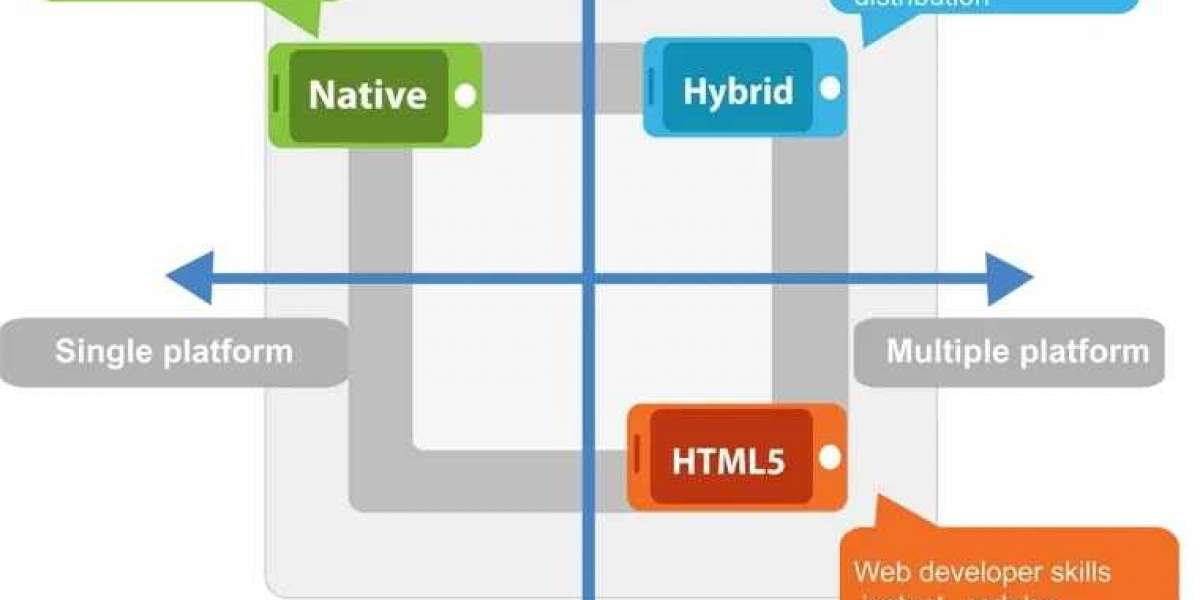Embarking on a career in the State Bank of India (SBI) is a significant decision that thousands of aspirants contemplate each year. The SBI Clerk Exam, a gateway to entry-level positions in one of the largest and most prestigious banks in India, offers a multitude of opportunities. However, like any career path, a job with the SBI has its own set of advantages and challenges. In this article, we will explore the pros and cons of pursuing a career through the SBI Clerk Exam.
Pros:
Job Security:
One of the most appealing aspects of a career in SBI is the unparalleled job security it offers. The banking sector, especially a venerable institution like SBI, is known for its stability, and employees often enjoy long and rewarding careers.
Attractive Compensation:
SBI provides competitive salaries and benefits to its employees. From basic pay to allowances and other perks, the compensation package is designed to attract and retain top talent. Additionally, SBI offers periodic salary increments and promotions based on performance.
Career Growth Opportunities:
SBI provides a clear career progression path. Starting as a Clerk, employees have the opportunity to advance to higher positions through promotions and departmental exams. The bank encourages skill development and further education to enhance professional growth.
Diverse Job Roles:
Working in SBI exposes individuals to a variety of roles and responsibilities. Whether it's customer service, back-office operations, or specialized functions, SBI offers a diverse range of job profiles, allowing employees to explore and find their niche.
Social Recognition:
Being associated with SBI brings a certain level of social recognition and prestige. The bank's legacy and its contribution to the nation's economy make SBI employees respected members of society.
Cons:
Intense Competition:
The SBI Clerk Exam witnesses fierce competition with a large number of applicants vying for a limited number of positions. Aspirants must prepare rigorously to stand out in the selection process.
Workload and Pressure:
Banking jobs, including those in SBI, often come with high levels of workload and pressure. Dealing with customer transactions, meeting targets, and adhering to strict deadlines can be demanding, requiring employees to manage stress effectively.
Geographical Transfers:
SBI has a policy of geographical transfers, which means employees may be required to relocate to different regions. While this can be an enriching experience, it may pose challenges for individuals with familial or personal commitments.
Technological Adaptation:
The banking industry is rapidly evolving with technological advancements. Employees in SBI need to adapt to new technologies and digital platforms, which can be a challenge for those not well-versed in the latest tools and systems.
Limited Autonomy:
Working in a large organization like SBI may mean a structured work environment with limited autonomy. Decisions are often hierarchical, and employees may need to follow established procedures, limiting their independence.
Conclusion:
Choosing a career with the State Bank of India through the Clerk Exam is a decision that requires careful consideration. While the job offers stability, attractive compensation, and opportunities for growth, it also comes with challenges such as intense competition, workload, and the need for adaptability. Aspirants should weigh the pros and cons based on their individual preferences, career goals, and ability to navigate the dynamic landscape of the banking sector. A career in SBI can be a fulfilling journey for those who are well-prepared and committed to the challenges it entails.








